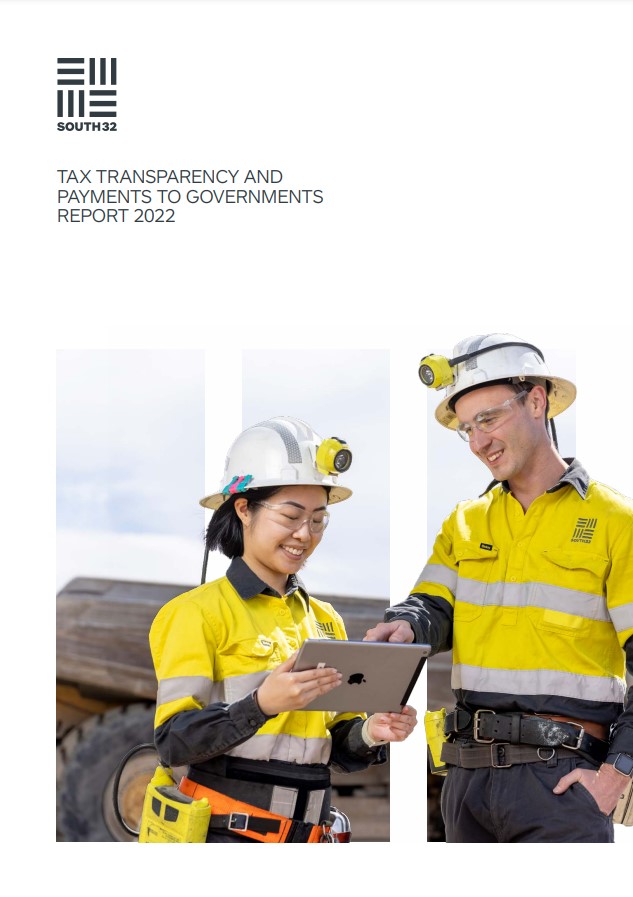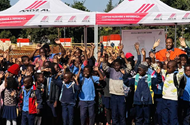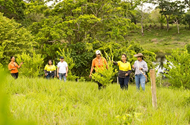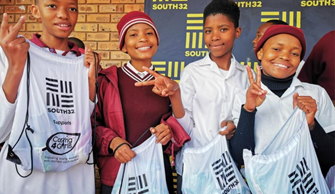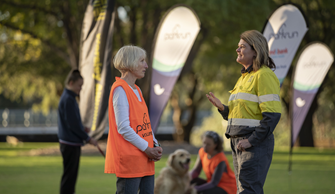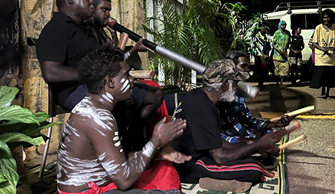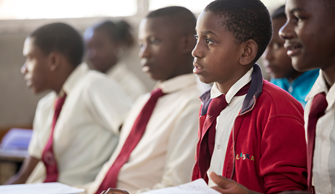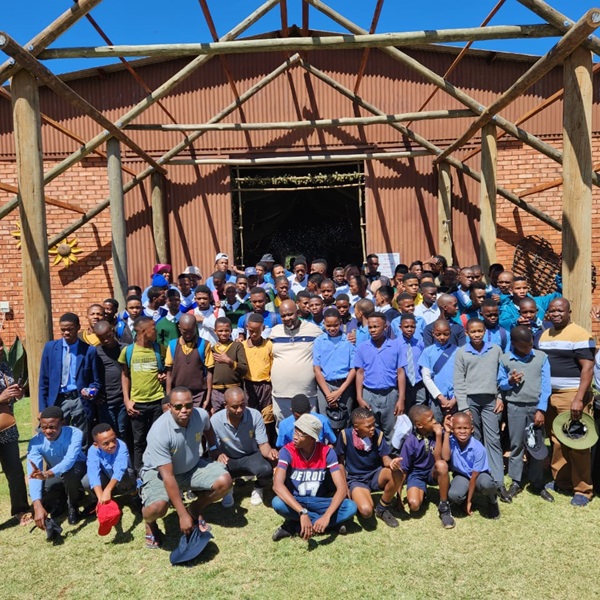
We are a global business with a local focus, and partnering with the communities where we operate is critical to our success.
We engage with stakeholders, including local communities, to understand their aspirations, interests, expectations and concerns, and to work towards the creation of shared value.
